What treatment
10+ Highly Rated Uterine Cancer Clinics in Turkey
Reach Out to These Certified Uterine Cancer Clinics List in Turkey Loved by Patients!
Bayindir Healthcare Group
Overview
By making a great and courageous breakthrough on 1992, Bayındır Söğütözü Hospital became a source of pride for Turkish private hospitals.
Read more details
Private Koru Ankara Hospital
Overview
Experience advanced Robotic Bariatric Surgery & Heart Surgery at Private Koru Ankara Hospital in Turkey. Exceptional care and cutting-edge technology.
Read more details
Istanbul Okan University Hospital
Overview
Istanbul Okan University Hospital, located in Istanbul, Turkey, has 250 beds and seamlessly emphasizes patient satisfaction, quality healthcare, academic expertise, and advanced medical services.
Read more detailsMemorial Hospital Group
Overview
Memorial, with 12 hospitals & 8000+ staffs, treats over 85,000 patients from 170 countries. As Turkeys first JCI-accredited hospital, we set the gold standard for international medical care.
Read more detailsDiscover your treatment options with a free, no-obligation quote!
Get your quote now!Baskent University Istanbul Hospital
Overview
Top Multispecialty Medical Center in Istanbul, Turkey by Baskent University Istanbul Hospital
Read more detailsEmsey Hospital
Overview
Emsey Hospital is the Best Hospital in Istanbul Turkey that has won JCI International Accreditation, and has the most complete medical facilities and experienced medical staff.
Read more detailsFlorence Comprehensive Cancer Center
Overview
Florence Comprehensive Cancer is to be a pioneering institution that is innovative and constantly improving, offering reliable, up-to-date, and patient-centered healthcare in all services provided, continuously training and educating its staff, and putting patients’ and employees’ welfare at the forefront, as well as respect the environment and patient rights.
Read more detailsGroup Florence Nightingale Hospitals
Overview
Group Florence Nightingale Hospitals are to be a pioneering institution that is innovative and constantly improving, offering reliable, up-to-date, and patient-centered healthcare in all services provided, continuously training and educating its staff, and putting patients’ and employees’ welfare at the forefront, as well as respect the environment and patient rights.
Read more detailsDiscover your treatment options with a free, no-obligation quote!
Get your quote now!Guven Hospital
Overview
Guven Hospital, located in Ankara, Turkey, is one of the first private hospitals in the country. It was founded in 1974 and it has been constructed using the smart building technology, with modern infrastructure. The hospital has 12 OP theaters fitted with laminar flow and heap filter systems. All the patients coming here benefit from high quality procedures performed with top notch medical equipm
Read more detailsHUMA Hospital
Overview
Experience top-notch healthcare at Huma Hospital Kayseri. Specializing in cosmetic procedures, gynecology, and IVF treatments in Turkey.
Read more detailsIstanbul Oncology Hospital
Overview
Istanbul Oncology Hospital in Istanbul, Turkey offers comprehensive cancer treatment options with state-of-the-art facilities and a compassionate approach. Book an appointment with our experienced on
Read more detailsMedicana Health Group
Overview
Medicana Health Group is among the pioneers of private hospital business in Turkey and it sustains the progression of future healthcare services through a growth strategy aiming to involve all regions of Turkey and constant investment in the health sector.
Read more detailsMedipol Bahcelievler Hospital
Overview
Discover premier cancer treatment & heart surgery at Medipol Bahcelievler Hospital in Istanbul, Turkey. Trust in our expertise for your healthcare needs.
Read more detailsBellaten Health Ltd. Co.
Overview
Surgical Oncology can be one of the effective ways to combat malignancy. Bellaten Health Ltd. Co., in Istanbul, Turkey lead by Prof. Erkan Yıldırım can be your next European destination for a surgical cure for cancer. Read more about the medical center and its offered treatment procedures.
Read more detailsBerrin Pehlivan Oncology Clinic
Overview
Berrin Pehlivan Oncology Clinic is one of the leading multidisciplinary cancer treatment and care centers in Istanbul. Prof. Dr. Berrin Pehlivan is a radiation oncology specialist who brings great experience in treatment. .The Clinic provides services in Radiation Oncology, Medical oncology, Immunotherapy, Onkologic surgery, Brachytherapy, Ozone treatment and Check-up.
Read more detailsHermes Clinics
Overview
Hermes Clinic provides best Plastic and Weight Loss Surgery in Izmir, Turkey. Book online now Sleeve Gastrectomy, Gastric Bypass and Rhinoplasty at Hermes Clinic.
Read more detailsNeolife Oncology Center
Overview
Neolife Oncology Center is located in the beautiful Istanbul, Turkey. The Neolife Oncology Center specializes in Cancer Treatment, Psychiatry. Neolife Oncology Center is dedicated to the constant pursuit of excellence, committed to high quality medical care, featuring experienced and trained professionals and using the latest technology. In order to contact the medical center, please fill out the
Read more detailsPrivate Medifema Hospital
Overview
Private Medifema Hospital specializes in Plastic and Bariatric Surgery in Izmir, Turkey. Discover MEDIFEMA's trusted healthcare services today.
Read more detailsProf. Hayrullah Derici, MD
Overview
If you are looking to get world class general surgeries or obesity surgeries, then the clinic of Prof. Dr Hayrullah Derici in Izmir, Turkey with a wide range of surgical procedures at the best price and great expertise.
Read more detailsYasam Hospitals Group
Overview
Yaşam Hospitals Group provides best General Surgery in Antalya, Turkey. Book online now Cosmetic Surgery, Heart Care Surgery, and Bariatric Surgery at Yasam Hospitals Group.
Read more detailsWhich are the top-rated Uterine Cancer clinics in Turkey for comprehensive care?
For comprehensive uterine cancer care in Turkey, prioritize highly-rated clinics like Bayindir Healthcare Group, Private Koru Ankara Hospital, Istanbul Okan University Hospital, Guven Hospital, and Medipol Bahcelievler Hospital. These facilities excel in patient satisfaction, feature advanced oncology departments, and utilize multidisciplinary treatment approaches across key Turkish cities. They are equipped with state-of-the-art diagnostics and offer diverse, personalized treatment options.
When seeking top-tier uterine cancer treatment in Turkey, several clinics stand out due to their comprehensive care and high patient satisfaction. These hospitals are recognized for their advanced oncology departments, cutting-edge technology, and a patient-centered approach that caters to international individuals.
Here's a breakdown of some prominent facilities often recommended:
- Bayindir Healthcare Group (Istanbul, Ankara): Highly regarded for its overall patient experience and a strong medical infrastructure.
- Private Koru Ankara Hospital (Ankara): Known for advanced surgical options and comprehensive oncology services.
- Istanbul Okan University Hospital (Istanbul): Emphasizes patient satisfaction, academic expertise, and advanced medical services.
- Guven Hospital (Ankara): A long-established private hospital utilizing smart building technology and modern medical equipment for quality procedures.
- Medipol Bahcelievler Hospital (Istanbul): Offers premier cancer treatment with state-of-the-art facilities.
- Istanbul Oncology Hospital (Istanbul): Dedicated solely to cancer treatment, providing focused and compassionate care.
- Berrin Pehlivan Oncology Clinic (Istanbul): A multidisciplinary center with extensive experience in radiation oncology and holistic cancer management.
- Medicana Health Group (Istanbul, Ankara): A pioneering private hospital group with continuous investment in healthcare technology and widespread reach.
- HUMA Hospital (Kayseri): Offers specialized gynecologic services, including those relevant to uterine cancer diagnosis and initial management.
- Group Florence Nightingale Hospitals (Istanbul): A large group known for innovative approaches and patient-centered healthcare across various specialties, including oncology.
These clinics often possess international accreditations, ensuring adherence to global standards for quality and patient safety. They are equipped to handle various stages of uterine cancer, offering personalized treatment plans.
What are the common diagnostic methods for uterine cancer at clinics in Turkey?
Turkish clinics utilize comprehensive diagnostic methods for uterine cancer, including physical exams, transvaginal ultrasounds, biopsies (endometrial, D&C), and advanced imaging like MRI and CT scans. These tools help accurately stage the cancer and guide treatment decisions effectively. Early and precise diagnosis is crucial for successful outcomes and personalized care plans, ensuring a thorough evaluation from experienced gynecologic oncologists and radiologists.
Accurate diagnosis is the cornerstone of effective uterine cancer treatment. Clinics in Turkey employ a range of sophisticated diagnostic tools and procedures to identify uterine cancer, determine its type, and stage its progression. This comprehensive approach ensures that patients receive the most appropriate and personalized care plan.
Key diagnostic methods include:
- Pelvic Exam and Pap Test: While a Pap test primarily screens for cervical cancer, a pelvic exam helps assess the uterus and surrounding organs for abnormalities.
- Transvaginal Ultrasound (TVUS): This imaging technique uses sound waves to create detailed images of the uterus, allowing specialists to detect abnormal thickening of the uterine lining (endometrium).
- Endometrial Biopsy: This is often the first step if an ultrasound shows endometrial thickening. A thin, flexible tube is inserted through the cervix to collect a tissue sample from the uterine lining for laboratory analysis.
- Dilation and Curettage (D&C): If an endometrial biopsy is inconclusive, a D&C might be performed. This procedure involves gently scraping tissue from the uterine lining after dilating the cervix, providing a larger sample for diagnosis.
- Hysteroscopy: A thin, lighted tube (hysteroscope) is inserted through the vagina and cervix into the uterus, allowing the doctor to visually inspect the uterine lining and take targeted biopsies.
- Imaging Tests (MRI, CT, PET-CT): Magnetic Resonance Imaging (MRI) and Computed Tomography (CT) scans are vital for determining if the cancer has spread beyond the uterus. Positron Emission Tomography-CT (PET-CT) scans are often used for more advanced staging, showing metabolic activity of cancer cells.
- Blood Tests: While not diagnostic for uterine cancer, blood tests like CA-125 may be used to monitor treatment response or detect recurrence in some cases.
These diagnostic procedures are typically performed by experienced gynecologic oncologists and radiologists, using modern equipment to ensure precision and patient comfort.
What surgical options are available for uterine cancer treatment at Turkish clinics?
Turkish clinics provide advanced surgical options for uterine cancer, predominantly hysterectomy (removal of the uterus), often combined with oophorectomy (removal of ovaries) and lymphadenectomy. Many centers specialize in minimally invasive techniques like laparoscopic and robotic-assisted surgery, which lead to faster recovery, less pain, and smaller incisions compared to traditional open surgery, enhancing patient comfort and outcomes.
Surgery is the primary treatment for most stages of uterine cancer, aiming to remove the cancerous tissue. Turkish clinics offer a variety of surgical approaches, with a strong emphasis on minimally invasive techniques that benefit patient recovery.
Common surgical options include:
- Total Hysterectomy: This involves the removal of the entire uterus and cervix. It is a standard procedure for early-stage uterine cancer.
- Bilateral Salpingo-Oophorectomy (BSO): Often performed concurrently with a hysterectomy, this procedure removes both fallopian tubes and ovaries, as uterine cancer can spread to these organs.
- Lymph Node Dissection (Lymphadenectomy): Pelvic and sometimes para-aortic lymph nodes may be removed to check for cancer spread. This helps in accurate staging and guides further treatment.
- Radical Hysterectomy: For more advanced cases, this extensive procedure removes the uterus, cervix, surrounding tissue, and the upper part of the vagina.
- Minimally Invasive Surgery (Laparoscopic Surgery): This technique involves small incisions, a camera, and specialized instruments. It often results in less pain, shorter hospital stays, and quicker recovery compared to open surgery.
- Robotic-Assisted Surgery (e.g., da Vinci Surgical System): A highly advanced form of laparoscopic surgery where the surgeon controls robotic arms from a console. This offers enhanced precision, visualization, and dexterity, proving beneficial for complex procedures, especially in gynecologic oncology. Clinics like Private Koru Ankara Hospital and Istanbul Okan University Hospital may offer such advanced robotic options.
- Open Surgery (Laparotomy): In some complex or advanced cases, traditional open abdominal surgery may still be necessary, involving a larger incision to access the affected areas directly.
The choice of surgical procedure depends on the cancer stage, tumor size, patient's overall health, and the surgeon's expertise. Multidisciplinary teams at Turkish clinics carefully evaluate each case to recommend the most effective surgical plan.
What non-surgical uterine cancer treatments are available in Turkey?
Turkish oncology clinics provide comprehensive non-surgical uterine cancer treatments, including various forms of radiation therapy (external beam radiation, brachytherapy), chemotherapy, hormone therapy, and newer targeted therapies or immunotherapies. These treatments are often used in conjunction with surgery, for advanced stages, or when surgery isn't an option, tailored by a multidisciplinary oncology team to maximize effectiveness and minimize side effects.
Beyond surgery, Turkish clinics offer a robust array of non-surgical treatments for uterine cancer. These therapies are crucial for patients with advanced disease, those who cannot undergo surgery, or as adjuvant therapy (given after surgery) to reduce the risk of recurrence.
Non-surgical treatment modalities include:
- Radiation Therapy:
- External Beam Radiation Therapy (EBRT): Delivers high-energy X-rays from an external machine to target cancer cells in the pelvic area. Advanced techniques like Intensity-Modulated Radiation Therapy (IMRT) and Volumetric Modulated Arc Therapy (VMAT) are used to precisely shape radiation beams and spare healthy tissues. Clinics like Neolife Oncology Center are equipped with such advanced radiotherapy platforms.
- Brachytherapy (Internal Radiation): Involves placing radioactive sources directly into the uterus or vagina for a short period. This delivers a high dose of radiation directly to the tumor while minimizing exposure to surrounding healthy organs.
- Chemotherapy: Uses powerful drugs, administered intravenously or orally, to kill cancer cells throughout the body. It is often recommended for advanced or recurrent uterine cancer, or sometimes after surgery to eradicate any remaining microscopic cancer cells.
- Hormone Therapy: Certain types of uterine cancer, particularly endometrial cancer, are hormone-sensitive. Hormone therapy uses medications to block or reduce hormone levels (like estrogen), which can slow or stop the growth of these cancers.
- Targeted Therapy: These drugs specifically target certain molecules or pathways involved in cancer growth, with less harm to normal cells. This is a personalized approach often based on genetic testing of the tumor.
- Immunotherapy: A newer treatment approach that boosts the body's own immune system to recognize and destroy cancer cells. This is increasingly being explored for certain subtypes of uterine cancer, especially in recurrent or metastatic settings.
These non-surgical treatments are carefully planned and administered by medical oncologists and radiation oncologists, often in collaboration with the multidisciplinary tumor board, ensuring optimal care and management strategies.
What kind of patient support services can I expect from uterine cancer clinics in Turkey?
Turkish uterine cancer clinics, especially those catering to international patients, offer extensive support services. These include dedicated international patient coordinators, multilingual staff, interpreters, assistance with travel and accommodation, visa guidance, and emotional support. They aim to provide a comfortable and stress-free experience throughout the patient's entire medical journey, from initial inquiry to post-treatment follow-up and beyond.
Receiving treatment for uterine cancer can be a challenging journey, and comprehensive patient support services are crucial for a positive experience. Clinics in Turkey, particularly those experienced with international patients, offer a wide array of services designed to ease logistical and emotional burdens.
Expect the following types of support:
- International Patient Department: A dedicated team fluent in multiple languages (English, Arabic, Russian, German, etc.) acts as your primary point of contact. They handle inquiries, appointment scheduling, and treatment coordination.
- Interpretation Services: Professional medical interpreters are available during consultations, examinations, and procedures to ensure clear communication between you, your family, and the medical team.
- Travel and Accommodation Assistance: Help with booking flights, arranging airport transfers, and securing suitable accommodation (hotels, guesthouses with special rates) near the clinic is standard.
- Visa Support: Guidance and necessary documentation for obtaining medical visas for patients and accompanying family members.
- Medical Record Management: Assistance with collecting, translating, and securely submitting your medical records for pre-treatment evaluation.
- Nutritional Counseling: Registered dietitians provide guidance on managing diet during cancer treatment, addressing side effects, and supporting overall health.
- Psychological and Emotional Support: Access to psychologists, counselors, or support groups to help patients and their families cope with the emotional challenges of a cancer diagnosis and treatment.
- Post-Treatment Follow-up Coordination: Assistance in arranging follow-up appointments, remote consultations, and sharing medical reports with your local healthcare providers back home.
These services are tailored to ensure that every aspect of your experience, from arrival to departure and beyond, is as smooth and supportive as possible.
How do Turkish clinics ensure patient safety during uterine cancer treatment?
Turkish oncology clinics, especially JCI-accredited ones, adhere to stringent patient safety protocols mirroring international standards. This includes rigorous infection control, comprehensive medication management, precise patient identification, and surgical safety checklists. Regular internal and external audits confirm strict compliance, ensuring a secure and high-quality treatment environment for all individuals undergoing uterine cancer therapy.
Patient safety is paramount, particularly in oncology where treatments can be complex and patients are often vulnerable. Reputable Turkish clinics prioritize patient safety through comprehensive protocols and adherence to international best practices.
Key patient safety measures include:
- International Accreditation: Many leading oncology centers in Turkey, such as Bayindir Healthcare Group and Group Florence Nightingale Hospitals, hold Joint Commission International (JCI) accreditation. This signifies compliance with global standards for patient safety and quality of care, comparable to top hospitals in Western countries.
- Rigorous Infection Control: Strict hygiene protocols, advanced sterilization techniques for equipment, specialized air filtration systems in operating rooms and patient areas, and isolation procedures for immunocompromised patients minimize infection risks.
- Medication Safety Systems: Multi-step verification processes for medication dispensing, barcode scanning systems, and pharmacist review of chemotherapy regimens prevent medication errors. Patients are educated about their medications and potential side effects.
- Accurate Patient Identification: Consistent use of at least two patient identifiers (e.g., name and date of birth) before any procedure, medication administration, or blood transfusion is standard to ensure the right patient receives the correct care.
- Surgical Safety Checklists: Following protocols like the WHO Surgical Safety Checklist, medical teams conduct pre-procedure "time-outs" to confirm the correct patient, procedure, and surgical site, reducing surgical errors.
- Fall Prevention Programs: Hospitals implement programs to assess and mitigate fall risks for patients, especially those weakened by surgery or cancer treatments, ensuring a safe environment.
- Continuous Staff Training: Healthcare professionals receive ongoing training in the latest medical procedures, equipment usage, and patient safety protocols to maintain high standards of care.
These measures are part of a broader commitment to providing a safe and effective healthcare environment for all uterine cancer patients.
What types of follow-up care are typically provided after uterine cancer treatment in Turkey?
After uterine cancer treatment, Turkish clinics provide structured follow-up care including detailed discharge summaries, scheduled check-ups, and surveillance imaging (CT/PET scans). They also facilitate remote consultations and coordinate with local doctors for seamless long-term monitoring, ensuring continued support for detection of recurrence and overall wellness. Patients receive comprehensive instructions for local care.
Effective follow-up care is crucial after uterine cancer treatment to monitor recovery, detect any recurrence early, and manage long-term side effects. Turkish clinics ensure a structured and supportive transition for international patients returning home.
Typical follow-up care includes:
- Detailed Discharge Plan: You will receive a comprehensive medical report, often translated into your language, outlining your diagnosis, the specific treatments received (surgery, radiation, chemotherapy), medications, and a personalized surveillance schedule. This report is essential for your local healthcare provider.
- Scheduled Check-ups: Regular appointments are scheduled with your oncology team in Turkey, typically including physical examinations, blood tests (like tumor markers if appropriate), and discussions about your well-being. The frequency usually decreases over time.
- Surveillance Imaging: Periodical imaging scans (e.g., CT scans of the abdomen and pelvis, or PET-CT scans) are planned to monitor for any signs of cancer recurrence or spread.
- Remote Consultations: Many leading clinics offer telemedicine options, allowing you to have virtual follow-up appointments with your Turkish oncologist via video calls. This is particularly convenient for international patients to discuss scan results or any concerns without needing to travel.
- Coordination with Local Doctors: The international patient department can help facilitate communication between your Turkish oncology team and your primary care physician or local oncologist, ensuring continuity of care and proper handover of your medical management.
- Symptom Management: Guidance is provided on how to manage potential long-term side effects of treatment, such as lymphedema, menopausal symptoms, or bladder/bowel changes, often with referrals to specialized therapists if needed.
- Lifestyle Recommendations: Advice on nutrition, exercise, and overall wellness to support long-term recovery and health.
This comprehensive approach ensures that you continue to receive expert guidance and monitoring long after your primary treatment concludes.
How can international patients prepare for uterine cancer treatment in Turkey?
International patients preparing for uterine cancer treatment in Turkey should organize medical records (translated), confirm visa and travel requirements, and arrange accommodation. Establishing clear communication with the clinic's international patient department is key for logistical support, understanding treatment details, and financial planning, ensuring a smooth and prepared arrival for comprehensive care.
Preparing for medical treatment abroad, especially for something as significant as uterine cancer, requires careful planning. Turkish clinics that specialize in international patients have processes in place to assist, but some proactive steps on your part will ensure a smoother experience.
Here's how international patients can prepare:
- Gather and Translate Medical Records: Collect all relevant medical documents, including diagnosis reports, pathology results, imaging scans (CT, MRI, PET-CT), and previous treatment summaries. Have these translated into English (or Turkish if requested) by a certified translator.
- Initial Consultation and Treatment Plan: Engage in an initial remote consultation (often via video call) with the Turkish clinic's oncology team. This allows them to review your case, propose a preliminary treatment plan, and provide an estimated cost.
- Visa and Travel Arrangements: Check Turkey's visa requirements for your nationality and apply well in advance. Coordinate travel dates with the clinic and book flights. The international patient department can often provide a letter of invitation for visa purposes.
- Accommodation and Logistics: Discuss accommodation options with the clinic. They can recommend nearby hotels or guesthouses, often with discounted rates for patients and their families. Arrange airport transfers through the clinic or a trusted service.
- Financial Planning: Understand the total estimated cost of treatment, including accommodation and living expenses. Confirm insurance coverage (if applicable) and payment methods. Prepare for potential upfront payments or reimbursement processes.
- Communication Plan: Establish a clear communication channel with your assigned international patient coordinator. Ensure you know how and when you'll receive updates and whom to contact for emergencies.
- Pack Essentials: Bring comfortable clothing, personal toiletries, and any necessary personal items. Remember copies of all important documents, medications you regularly take, and a power adapter.
- Emotional Preparedness: Prepare yourself and your family mentally for the journey and treatment. Accessing psychological support services, either locally before travel or through the clinic, can be beneficial.
Thorough preparation will significantly reduce stress and allow you to focus on your recovery.
What are the benefits of choosing a JCI-accredited clinic in Turkey for uterine cancer?
Choosing a JCI-accredited clinic in Turkey for uterine cancer ensures you receive care that meets rigorous international safety and quality standards. Benefits include advanced medical technology, highly qualified staff, strict infection control, patient-centered processes, and transparent treatment protocols. This accreditation offers peace of mind, assuring you of a world-class healthcare experience during a vulnerable time.
When selecting a clinic for uterine cancer treatment in Turkey, prioritizing facilities with Joint Commission International (JCI) accreditation offers significant advantages and reassurance. JCI is a globally recognized standard for healthcare quality and patient safety.
The benefits of choosing a JCI-accredited clinic include:
- Global Standard of Care: JCI accreditation means the clinic adheres to the highest international benchmarks for clinical quality, patient safety, and operational efficiency, comparable to top hospitals in Western countries.
- Enhanced Patient Safety: These clinics implement strict protocols for infection control, medication management, patient identification, and surgical procedures, significantly reducing risks and ensuring a safer environment.
- Highly Qualified Professionals: JCI-accredited facilities often attract and retain highly skilled and experienced medical staff, including specialized oncologists, surgeons, nurses, and technicians, who are continuously trained.
- Advanced Technology: To meet JCI standards, clinics typically invest in state-of-the-art diagnostic and treatment technologies, such as advanced imaging equipment and robotic surgical systems, crucial for effective cancer care.
- Patient-Centered Approach: The accreditation emphasizes patient rights, ethical practices, and clear communication, ensuring you are well-informed and involved in your treatment decisions.
- Continuous Improvement: JCI-accredited hospitals undergo regular evaluations and are committed to ongoing quality improvement, meaning they are constantly striving to enhance their services and patient outcomes.
- Data-Driven Outcomes: Many accredited clinics meticulously track patient outcomes and safety data, contributing to evidence-based care and transparency.
For international patients, JCI accreditation serves as a reliable indicator of a trustworthy and high-quality healthcare provider, offering peace of mind during a critical health journey.
Can uterine cancer clinics in Turkey accommodate special dietary needs for patients?
Yes, reputable uterine cancer clinics in Turkey are generally well-equipped to accommodate special dietary needs for patients. Their nutrition departments or dietitians work closely with patients to tailor meals based on medical requirements, allergies, cultural preferences, or treatment-related side effects. Clear communication with the international patient coordinator ensures dietary restrictions are met effectively throughout the treatment period.
Undergoing cancer treatment can significantly impact a patient's nutritional needs and dietary preferences. Reputable uterine cancer clinics in Turkey understand this and are committed to accommodating a wide range of special dietary requirements to support patient health and comfort.
Here's how they typically manage dietary needs:
- Dedicated Nutrition Teams: Most major hospitals have an in-house nutrition and dietetics department. Registered dietitians work with patients to assess their nutritional status, develop personalized meal plans, and address any dietary challenges.
- Medical Dietary Restrictions: Clinics can cater to specific medical needs, such as diabetic-friendly, low-sodium, gluten-free, lactose-free, or kidney-friendly diets, which are common for patients undergoing various medical treatments.
- Allergies and Intolerances: Patients can clearly communicate any food allergies (e.g., nuts, shellfish) or intolerances (e.g., dairy, soy) to their care team, ensuring safe meal preparation.
- Cultural and Religious Preferences: Turkish clinics are accustomed to a diverse international patient base and can accommodate various cultural or religious dietary requirements, including halal, kosher, or vegetarian/vegan options.
- Treatment-Related Side Effects: Dietitians help manage common side effects of cancer treatment like nausea, appetite loss, changes in taste, or difficulty swallowing, by recommending easily digestible or high-calorie, nutrient-dense foods.
- Communication with Staff: It is essential to communicate your dietary needs clearly with your international patient coordinator and nursing staff upon admission and throughout your stay. They will relay this information to the kitchen and ensure meals are prepared accordingly.
- Family Involvement: Families can also be involved in understanding and supporting the patient's dietary plan, especially for outpatient care or when preparing for return home.
By addressing dietary needs thoughtfully, these clinics contribute significantly to the overall well-being and recovery of their uterine cancer patients.
What innovative research and clinical trials are conducted by Turkish uterine cancer clinics?
Leading Turkish uterine cancer clinics actively participate in and conduct innovative research and clinical trials, contributing to advancements in treatment protocols. These focus on new chemotherapy agents, targeted therapies, immunotherapy, and refined surgical techniques like sentinel lymph node biopsy. Participation allows patients access to cutting-edge treatments that might not be widely available, improving outcomes and expanding therapeutic options within a highly regulated research environment.
Many advanced uterine cancer clinics in Turkey are not only providing standard treatments but are also at the forefront of medical innovation through active involvement in research and clinical trials. This commitment to research benefits patients by offering access to novel therapies and contributing to a deeper understanding of the disease.
Key areas of innovative research and clinical trials include:
- Novel Therapeutic Agents: Research focuses on evaluating new chemotherapy drugs, targeted therapies that block specific molecular pathways involved in cancer growth, and immunotherapies that harness the body's immune system to fight cancer.
- Precision Medicine: Clinics are increasingly using genetic profiling of tumors to identify specific mutations, allowing for highly personalized treatment strategies. Clinical trials explore the effectiveness of drugs tailored to these genetic signatures.
- Minimally Invasive Surgery Advancements: Ongoing research aims to refine surgical techniques, such as further developing robotic-assisted surgery for even less invasive procedures and evaluating the role of sentinel lymph node biopsy to reduce the extent of lymphadenectomy while maintaining oncological safety.
- Advanced Radiation Techniques: Studies are conducted to optimize radiation delivery methods, including proton therapy or advanced forms of brachytherapy, to minimize side effects while maximizing tumor control.
- Combination Therapies: Many trials investigate combining different treatment modalities (e.g., chemotherapy with immunotherapy, or targeted therapy with radiation) to achieve synergistic effects and improve response rates.
- Biomarker Discovery: Research efforts also focus on identifying new biomarkers that can predict treatment response or disease recurrence, aiding in personalized prognostication and follow-up.
Patients at these clinics may have the opportunity to participate in these trials, under strict ethical guidelines and regulatory oversight, potentially gaining access to future standard treatments today.
What are the qualifications and specializations of oncologists at Turkish uterine cancer clinics?
Oncologists at Turkish uterine cancer clinics typically hold extensive qualifications, including medical degrees, specialized residencies in oncology (medical, radiation, or gynecologic), and often international fellowships. They specialize in various aspects of cancer care, forming multidisciplinary teams to ensure comprehensive treatment plans. Many are members of national and international professional oncology associations, reflecting their commitment to continuous learning and adherence to global standards.
The expertise of the medical team is a critical factor in successful uterine cancer treatment. Oncologists at leading Turkish clinics are highly qualified and specialized, ensuring that patients receive care from experienced professionals.
Their qualifications and specializations typically include:
- Medical Education: All oncologists hold a medical degree (MD) from accredited universities.
- Specialized Residency Training: Following medical school, they complete rigorous residency programs in specific oncology fields:
- Gynecologic Oncologists: Surgeons who specialize in cancers of the female reproductive system, including uterine cancer. They complete a residency in obstetrics and gynecology, followed by a fellowship in gynecologic oncology.
- Medical Oncologists: Specialists in systemic cancer treatments like chemotherapy, hormone therapy, targeted therapy, and immunotherapy. They complete a residency in internal medicine, followed by a fellowship in medical oncology.
- Radiation Oncologists: Experts in treating cancer with radiation therapy. They complete a residency in radiation oncology.
- Board Certifications: Oncologists are typically board-certified in their respective specialties, demonstrating a high level of expertise and adherence to national medical standards.
- International Experience and Fellowships: Many oncologists at prominent Turkish clinics have pursued further training or fellowships in renowned medical centers in Europe or the USA, bringing global best practices to their practice.
- Multidisciplinary Team Integration: These specialists work collaboratively within a multidisciplinary tumor board, ensuring that each patient's case benefits from the combined knowledge of different oncology disciplines.
- Professional Memberships: Active membership in national and international oncology societies (e.g., European Society of Gynecological Oncology, American Society of Clinical Oncology) indicates their engagement with the latest research and clinical guidelines.
This blend of education, specialized training, and collaborative practice ensures comprehensive and high-quality care for uterine cancer patients.
How PlacidWay helps individuals access Uterine Cancer in Turkey?
PlacidWay simplifies your journey to accessing world-class uterine cancer treatment in Turkey. We bridge the gap between you and top-tier medical facilities, ensuring you receive high-quality, affordable care with comprehensive support every step of the way.
- Detailed Information: PlacidWay provides transparent and up-to-date information about uterine cancer treatments available in Turkey. We explain the procedures, benefits, potential risks, and what you can expect during your recovery, empowering you with knowledge.
- Clinic & Cost Comparison: We help you compare treatment packages from various accredited clinics. Our platform allows you to find affordable options without sacrificing the quality of care, ensuring you get the best value.
- Trusted & Accredited Clinics: PlacidWay assists you in finding trusted, internationally accredited clinics and highly qualified medical professionals who specialize in gynecologic oncology in Turkey, giving you peace of mind.
- Personalized Consultations: We offer one-on-one consultations to understand your unique medical needs and preferences. This helps us connect you with the right clinic and doctor, ensuring your treatment plan is tailored specifically to you.
- Continuous Support: Our commitment to you extends beyond your treatment. PlacidWay ensures you have continued support after your procedure, including assistance with coordinating follow-up care and recovery plans.
Ready to get Uterine Cancer in Turkey? Contact us today for a personalized consultation.













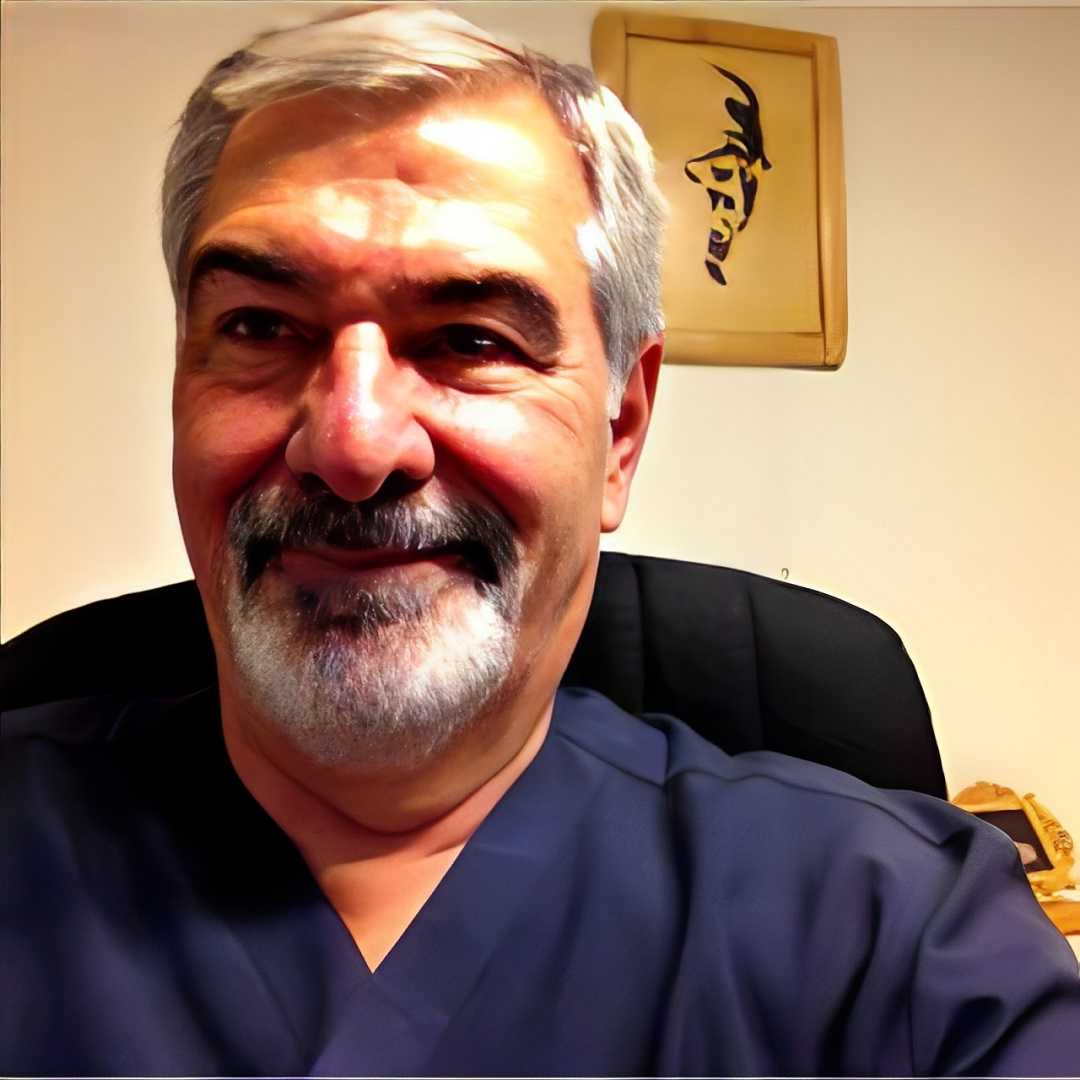


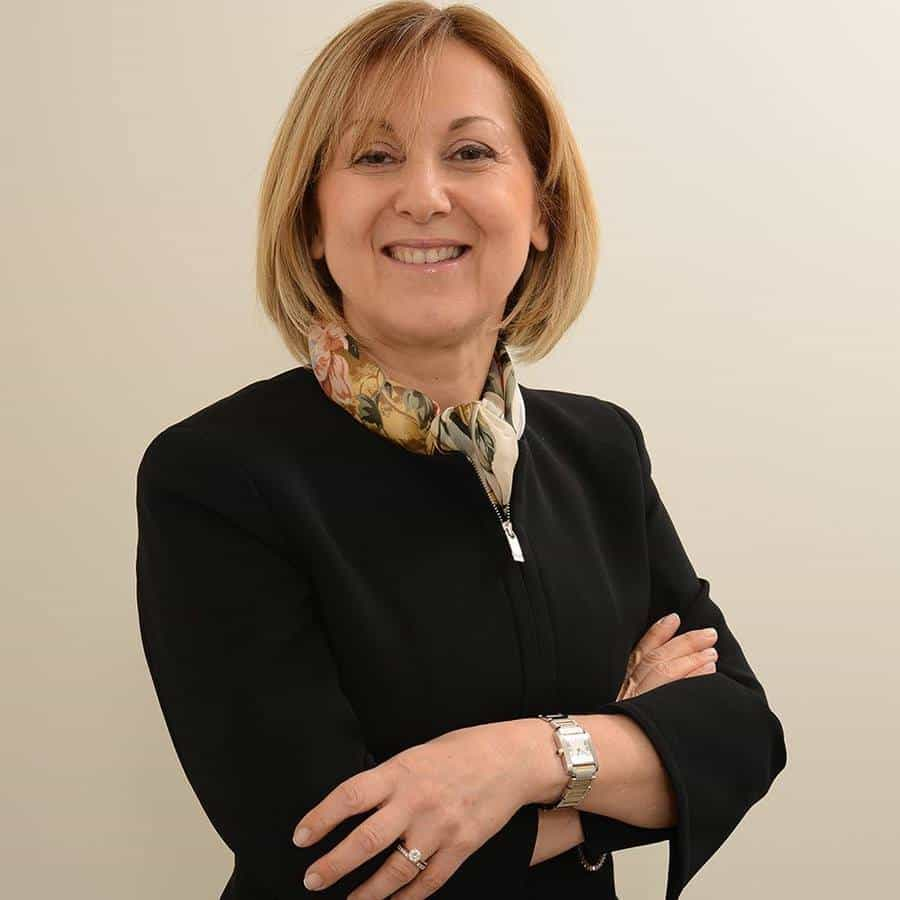

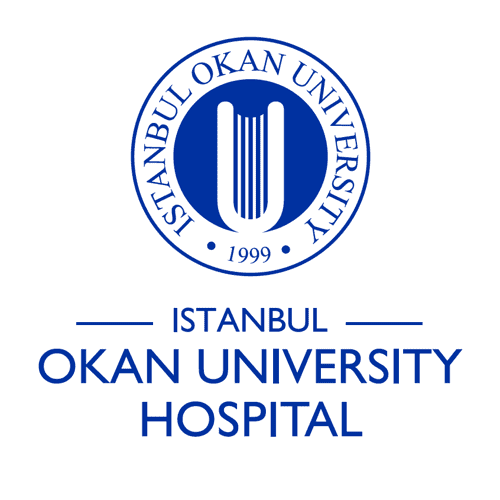
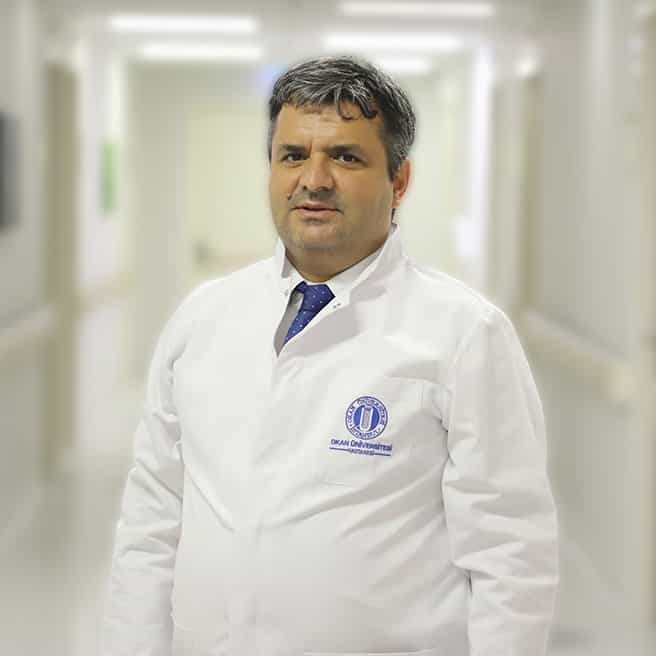

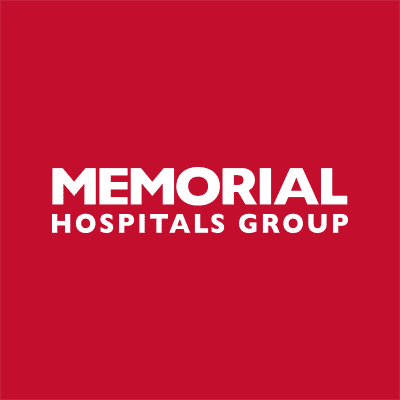
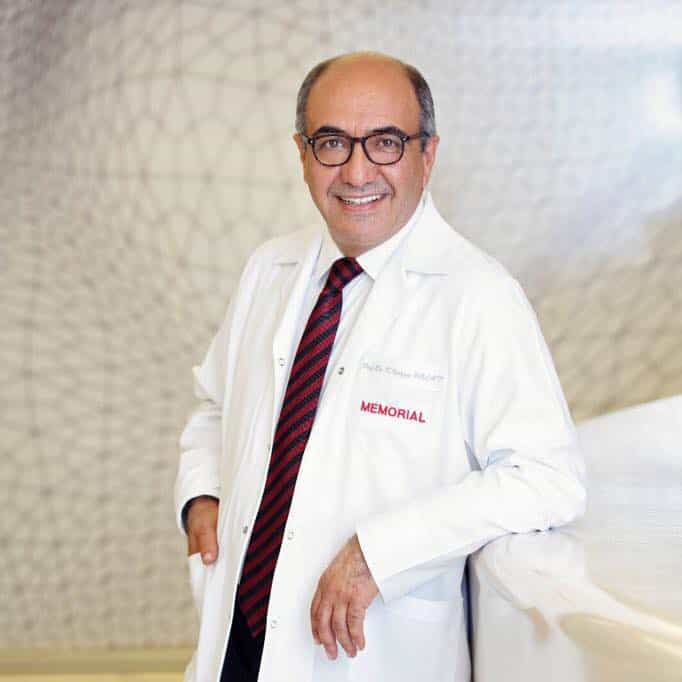
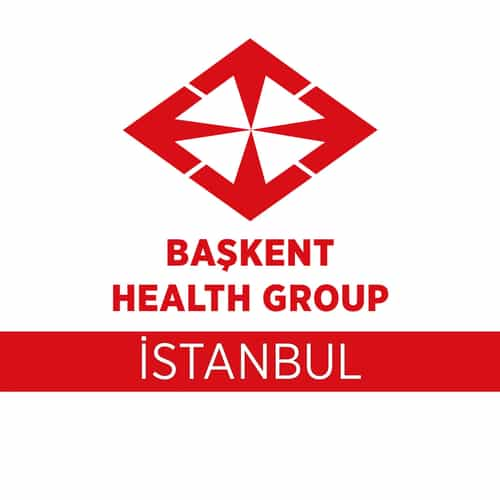
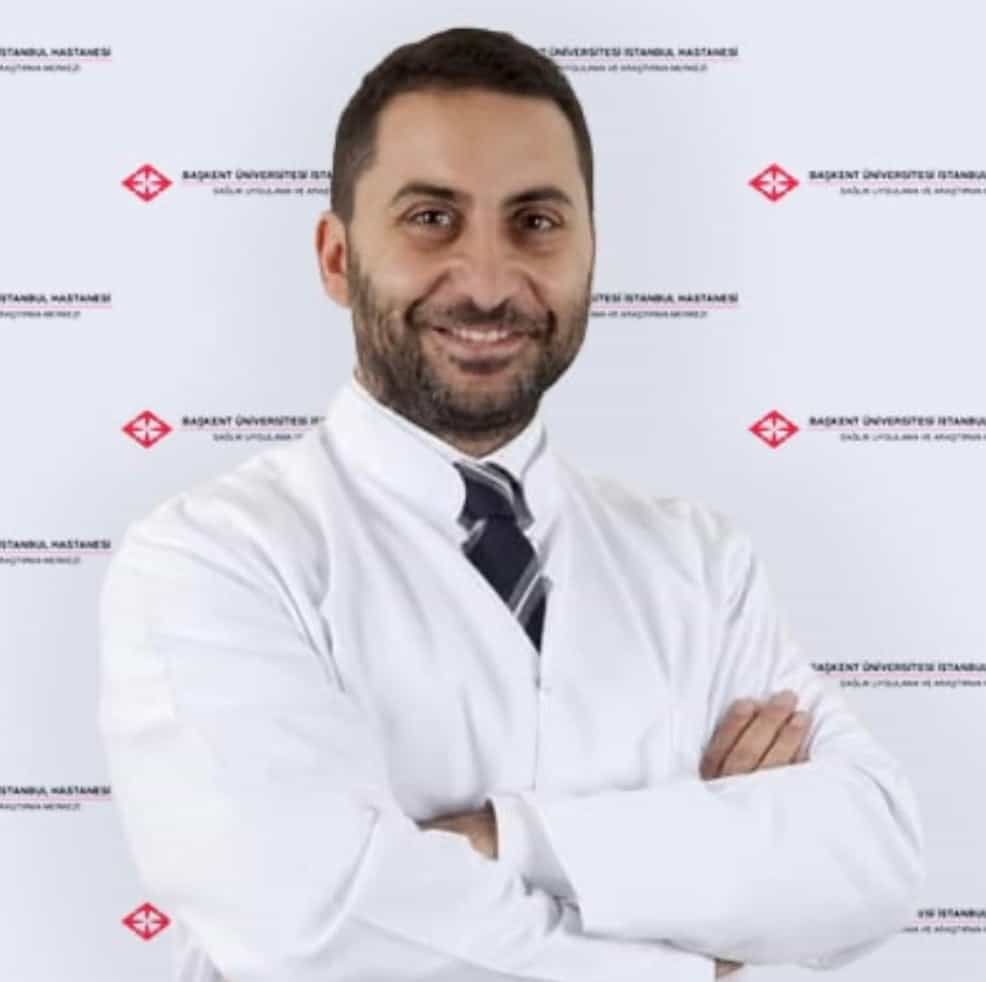
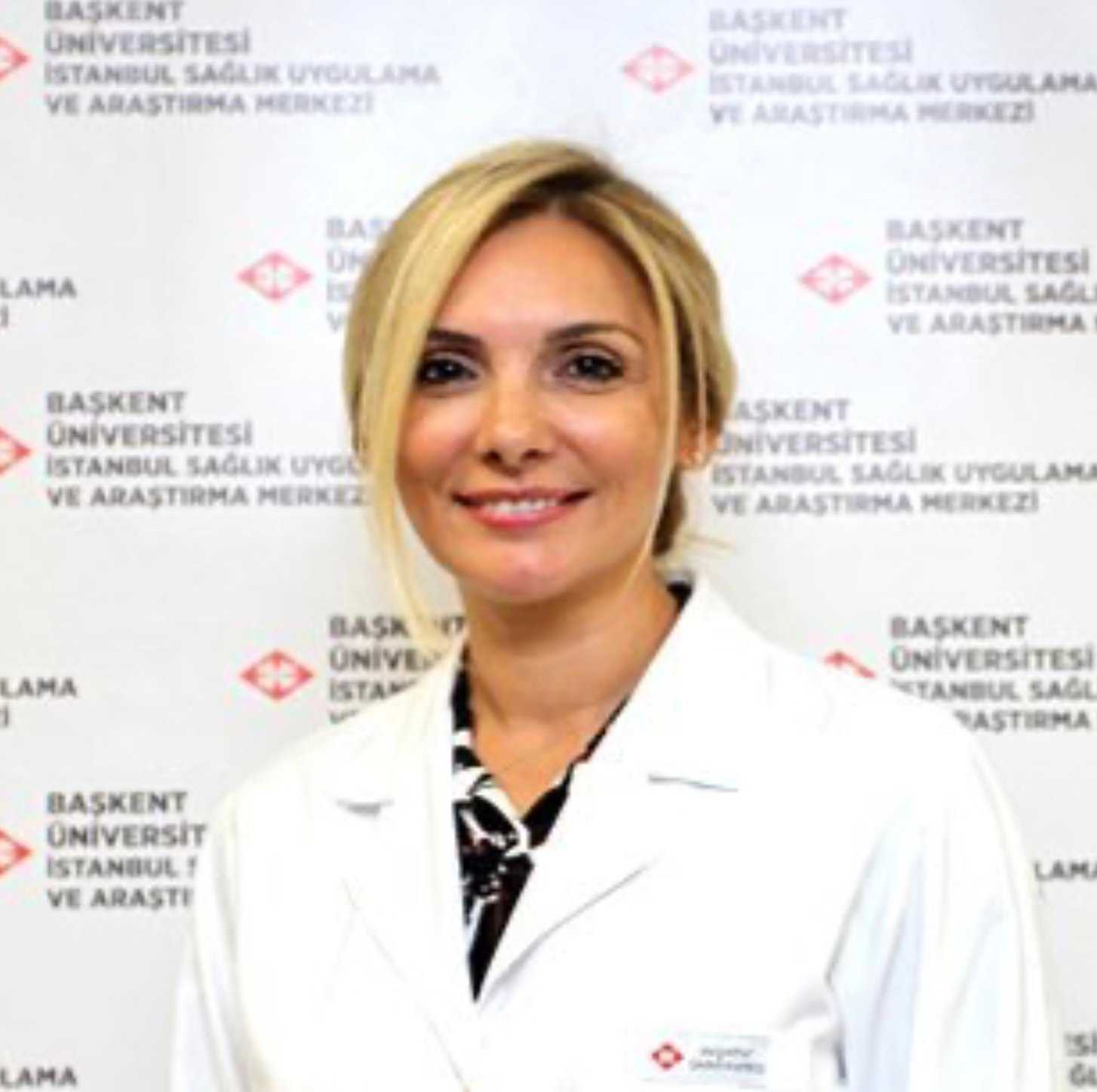

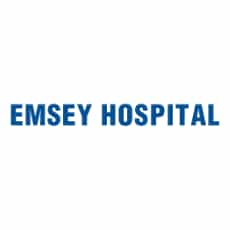
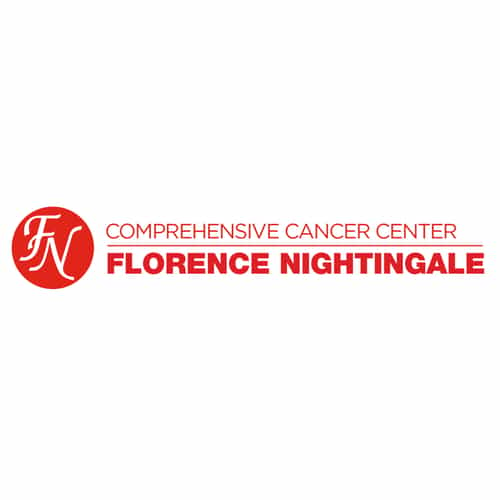
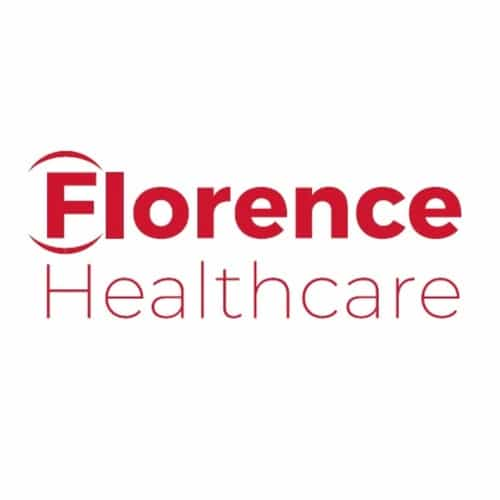
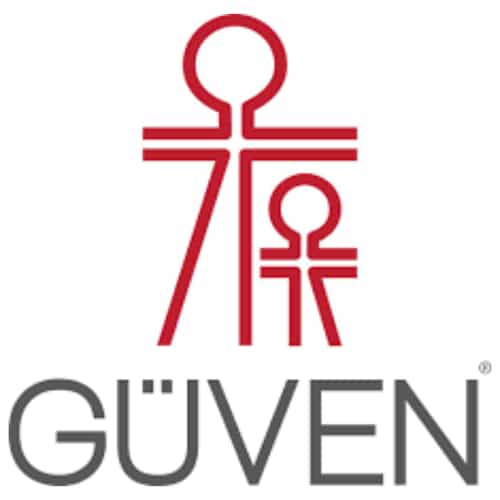
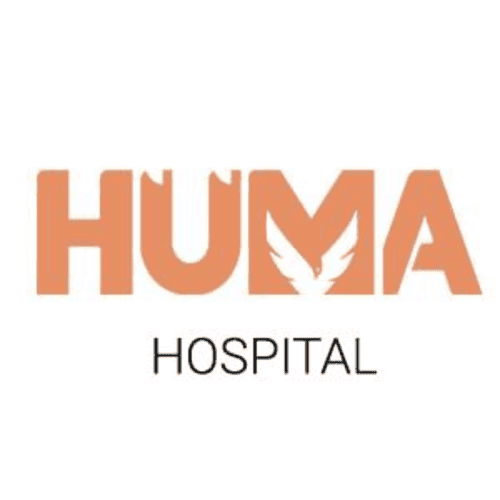
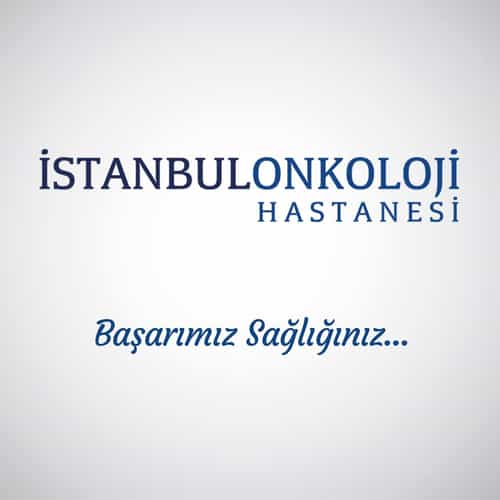
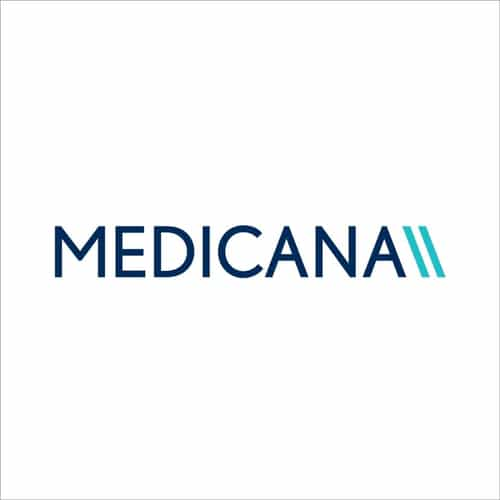

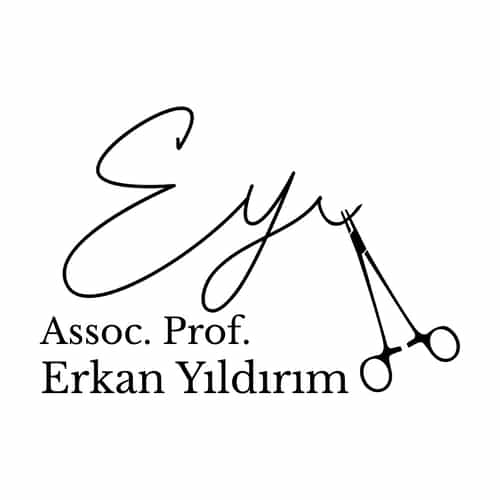

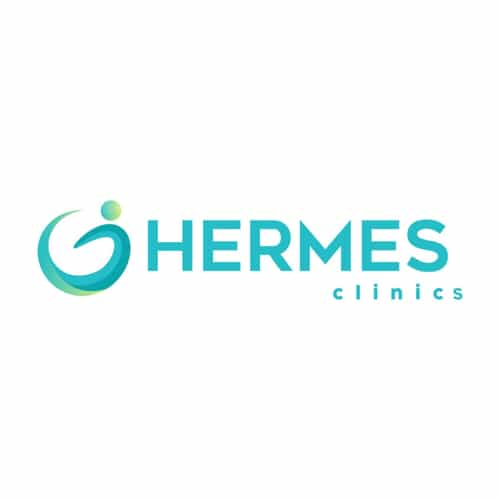



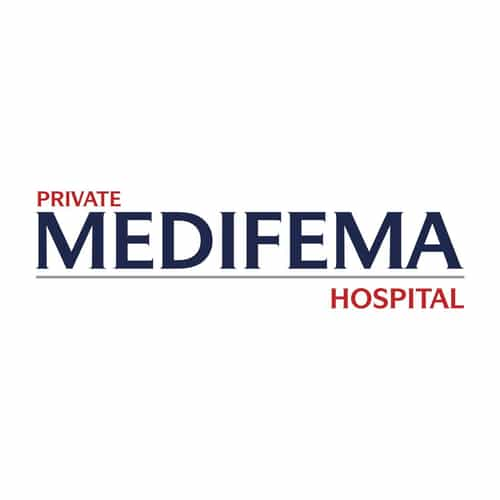
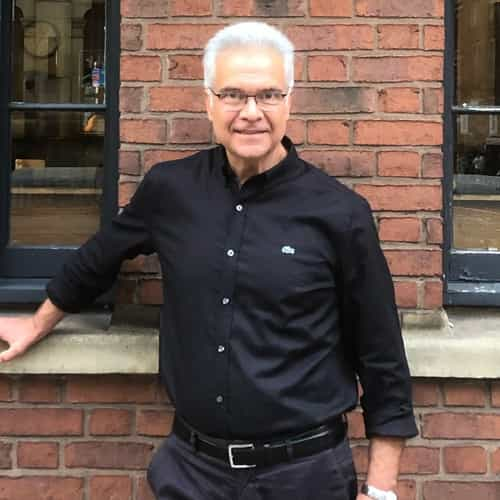
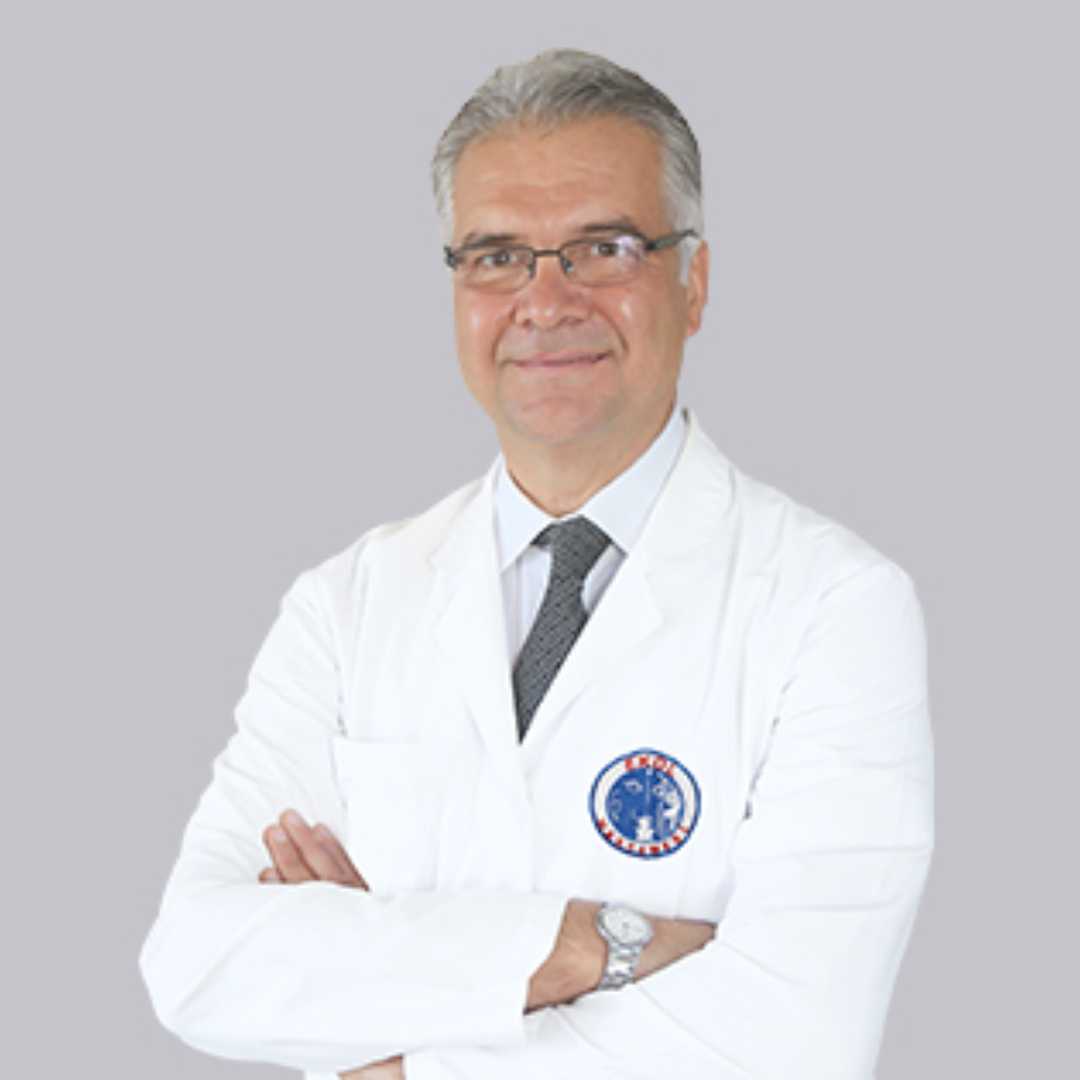
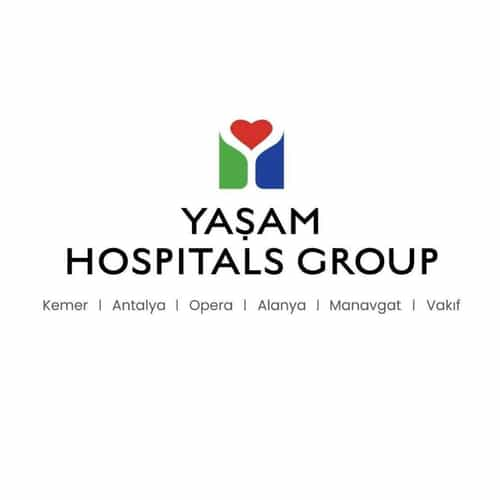
.png)


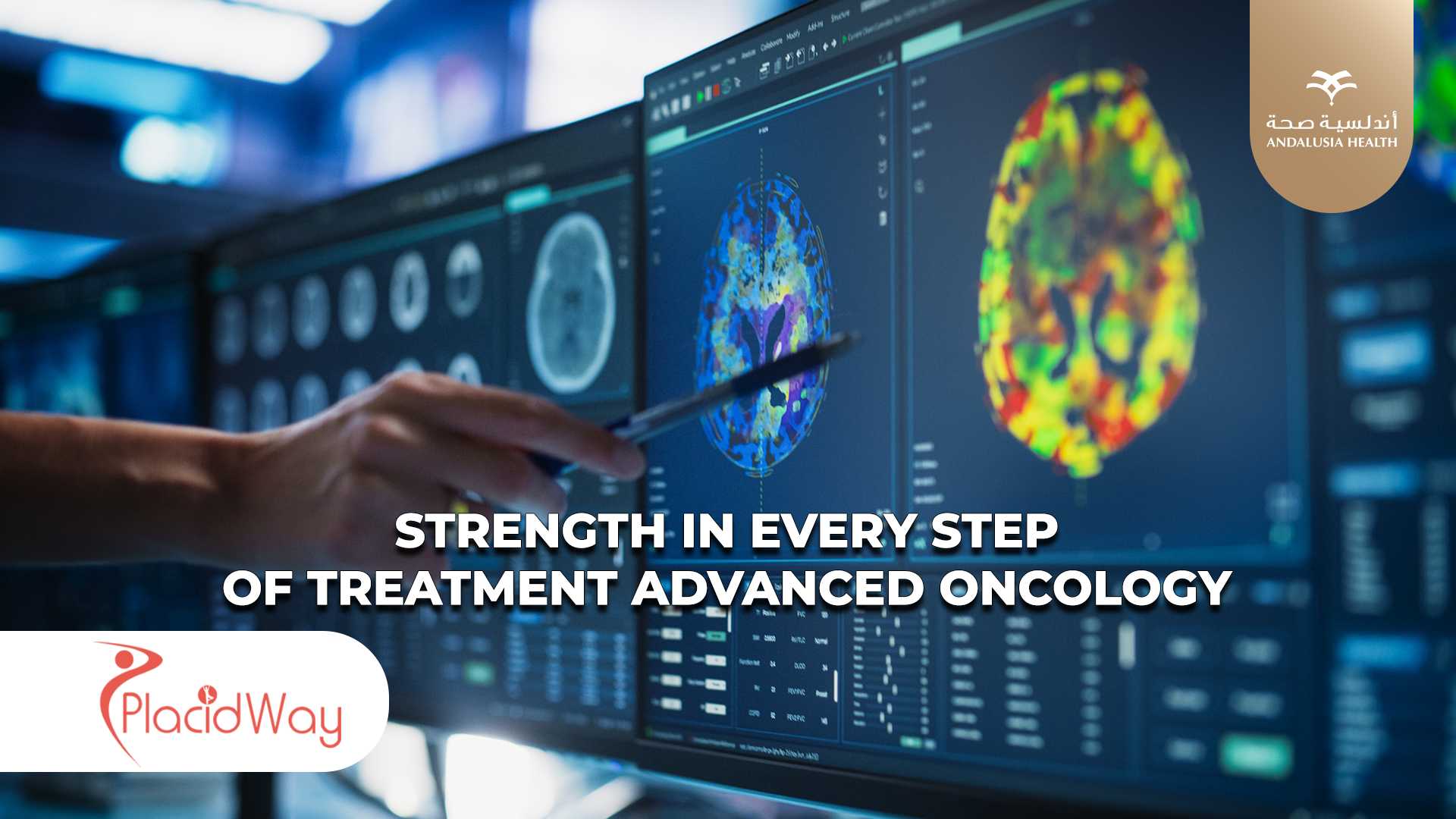

.png)



Great hospital, good cordination. I came from England to have an operation here and they had a great guy doing the hospitals English translation. He accompanied me to every analysis and my operation. The staff team on the 7th floor are to be congratulated for their work, they are good at what they do and you can tell they enjoy their line of work, it’s a pleasure to be nursed by them, thanks for such a easy transition
Read More